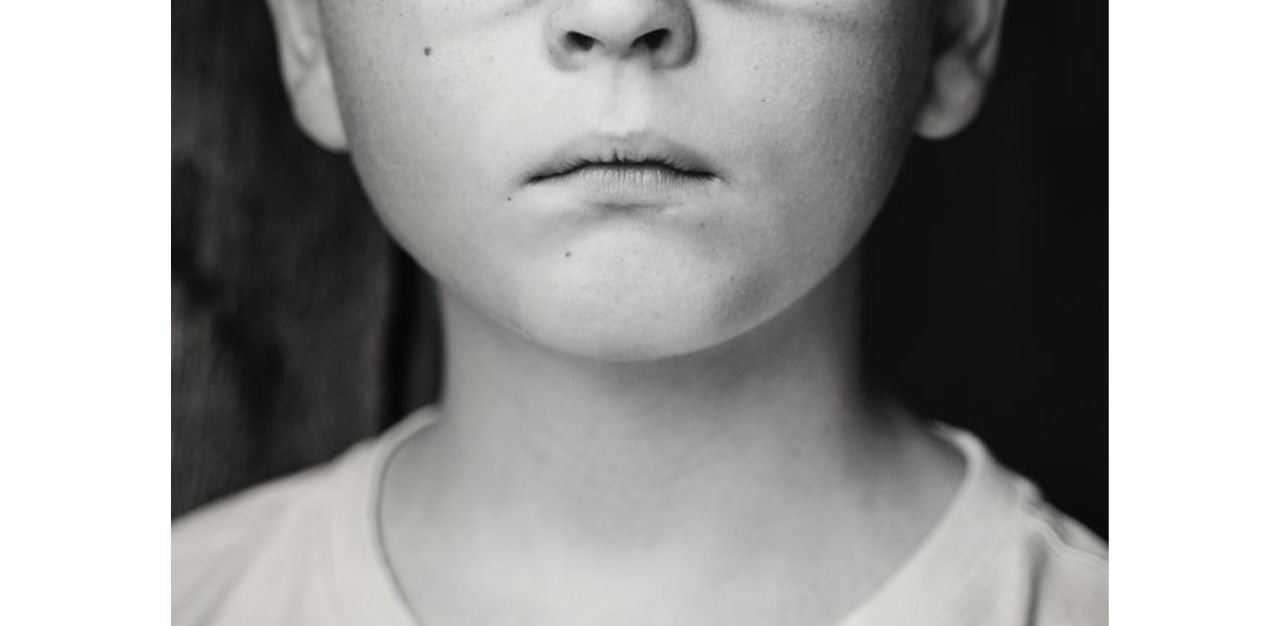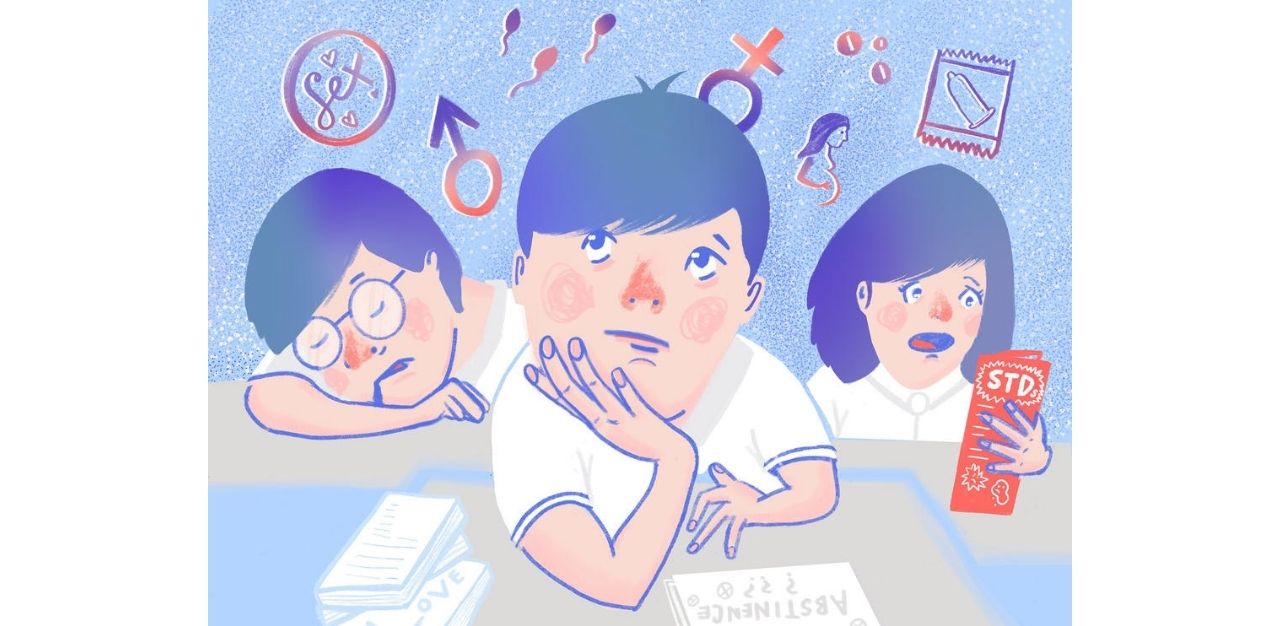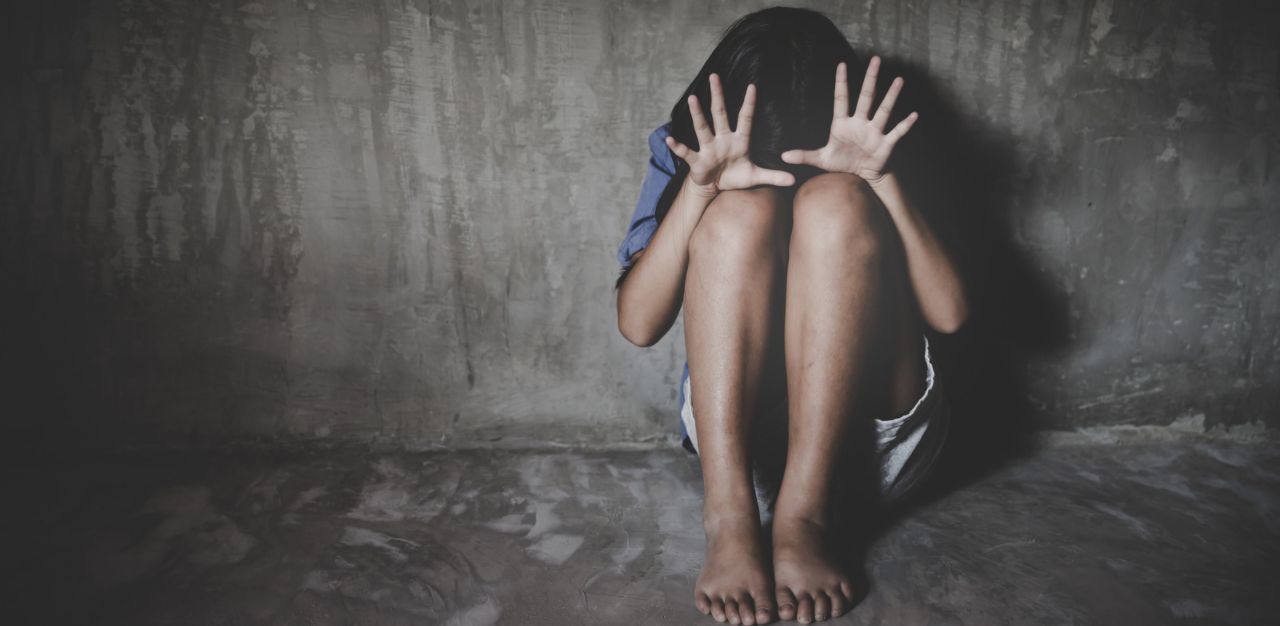The day marks an amendment to the law to mete out harsher punishment for those who commit sexual offences against minors.
Such offences include engaging in sex in the presence of minors aged between 14 and 16 or causing them to view a sexual image; or for similar activities against minors themselves, where the offender is in an exploitative relationship with the minor.
The maximum jail term for these is raised from one to two years. But is it enough?

And while President Halimah Yacob agreed that that change is “most timely and badly needed”, she wrote in her Facebook post that while the harsher penalties for these sexual offences are welcome, “we can do more to protect our children from sexual predators”.
Member of Parliament (MP) for Bukit Batok Murali Pillai also felt that more can be done and even wanted caning, based on medical fitness and not age, to be handed out for these offences and he put his point across in his speech in Parliament on 13 September.
Addressing the House, he said, “I don’t see why Parliament should presume in favour of a repeat sex offender that is not fit to be caned when he is clearly fit to commit those heinous offences.”
“I also think it’s not a coincidence that such middle-aged offenders tend to target younger victims; we need to ensure such like-minded offenders will be strongly deterred from harming them,” he added.
Despite Mr Murali’s call for harsher physical punishment for repeat sex offenders, the change in the law merely increased jail time from one to two years. So, can this be enough of a deterrent?
It is a definite “no” – from the perspective of victims
Pastor Caleb fears that the Singapore legal system and the public “find longer prison terms too harsh and extreme, and, on the surface, it would seem to be that way”.
“What I fear is that the temptation to commit such acts is a very strong compulsion that even an increase of one to two years is not enough to deter them,” he says, adding that he advocates the death penalty for those who sexually abuse minors.
Pastor Caleb is himself a sexual abuse victim and does not want to give his real name because of the stigma. He was only 13 when he was sexually abused by a male swimming coach, a friend of his father. At that time, he was being trained by an elderly swimming coach engaged by his father. But his father‘s friend insisted on “helping” Caleb with his swimming techniques.
“He would wait for me at the opposite side of the pool, knowing that my coach would send us swimming over there and eventually return. On the pretext of checking my swimming strokes, he would stabilise my body while I was practicing my strokes but that quickly progressed to ‘holding’ me in the genital area instead,” Pastor Caleb recalls.
It didn’t just happen once. It became a regular pattern and he would do this for a few minutes at a time and Pastor Caleb could still picture his unforgettable, menacing smile that continued to intimidate him today.
Pastor Caleb says he did not report the incident because his abuser knew his father and that made it difficult for him to say anything. There was that risk that nobody would believe him. Looking back, he says it was also easy at that young age to wrongly assume that he was also responsible because he had an automatic physiological response, “as any young male would if someone was to touch him sexually in that manner”.
“I went through a few years of depression and had suicidal thoughts when I was 15. But I did not mention the details of the abuse to anyone aside from making vague references then. It was only recently that I told my therapist,” he says.
It was only during his training as a pastor that Caleb found that many of these perpetrators had committed multiple crimes or had a long string of victims before they were caught.
“Sexual groomers in particular are very opportunistic, sly and most of all, patient people,”he says.
On the effectiveness of corrective training and rehabilitation regimen, Caleb says he is “at a loss as to what kind of corrective training and rehabilitation society can offer to change paedophiles”.
“As an optimist, I would like to believe that people could be radically changed, but I have to be very realistic that such crimes are not merely the spur of a moment’s temptation. They are more likely to be something that took many years to develop — in technique, severity and sophistication,” he says.
Director and Principal Counselling Psychologist of Seeding Minds Eugene Chong says the longer jail terms might not provide sufficient deterrence.
“These new laws send out a signal for those sex offenders to consider before committing the crime. However, it might not work for paedophiles, serial sexual offenders, and those with psychopathic traits as they are not affected by the degree of punishment because their urges are much stronger than the fear of punishment,” he says.
Mr Chong believes that the new changes in the law “will not be a proactive measure to sieve out these groups of people and provide early intervention for their deviant mindset and behaviours”. He feels that advocating psychiatric and psychological treatments will be more effective in the long term, adding that it does not mean that punishment is not necessary. “They are still essential to keep society protected,” he says.
Understanding the impact of child sexual abuse

To gauge the kind of penalty that is sufficient to deter and to serve justice for the victims, we must first understand the impact of child sexual abuse on victims, Mr Chong says.
“Simply put, most of the victims are not prepared to cope with early exposure to sexual stimulation. The effects range from behavioural, cognitive, and emotional, especially in the areas of guilt, low self-esteem, a sense of worthlessness, a lack of trust in adults, and a distorted view of sex. Some even go into severe depression with suicidal ideation or promiscuous lifestyles,” he says.
Caleb attests to this as it took him years to get over his childhood trauma, saying, “I cannot honestly say that I feel nothing about it anymore.”
Mr Chong says child sexual abuse often occurs within the victim’s or relatives’ homes and in most cases, the abuser forms relationships with potential victims and their families prior to the abuse.
“This is termed sexual grooming. It is a process by which an offender gradually draws a victim into a sexual relationship and maintains that relationship in secrecy,” he says.
“The offender tends to fill roles that were needed within the victim’s family, such as after-school care and academic support, turning the offender into someone who is trusted and valued,” he adds.
Earlier this year (2021), a bus driver was sentenced to nine years for molesting his stepdaughter for more than 20 years; while another, a freelance cameraman, was convicted in November 2020 for sexually abusing his girlfriend’s two underage daughters.
In a commentary published on CNA in 2018, Ms Laika Jumabhoy, an assistant manager at the Sexual Assault Care Centre (SACC) of AWARE (Association of Women for Action and Research) wrote that “the reality of child sexual abuse ought to be acknowledged beyond its misconceptions”.
“Many think of perpetrators as strange leering men in playgrounds or outside schools. But in almost 90 per cent of the cases SACC received on sexual abuse suffered during childhood or adolescence, and the perpetrator was a family member, or known to the survivor,” she said.
Mr Chong says the issue here is that families tend to deny or minimise the abuse and may even accuse the victim of lying, exaggerating, or having false memories.
“This basically shuts them down and negates the reality experienced by the victim. More often than not, family members will blame and shame the victim, by asking questions like ‘why did you let it happen?’” he adds.
And when a child speaks out against a perpetrator, the accusations against the victim only make it easier for the abuse to continue.
Will a sex offender registry help?
To better protect the children, communities in the United States want to know when convicted sex offenders are placed in their midst and for that reason alone, sex offender registries have been set up at both the federal and state levels. These public registries disclose information about persons convicted of sexual offences.
So why have such registries not been set up in Singapore?
While there are no such registries officially set up here, the reasoning for this was given by Home Affairs Minister K Shanmugam in a written reply to a parliamentary question on background checks of persons before engaging them as freelance tutors or instructors for children. Mr Shanmugam said that having a public registry of a person’s criminal antecedents “has its own consequences”.
He said a research study had found that offenders on the registry were more likely to reoffend due to the exclusion from their neighbourhood, job loss, and anxiety. The registered sex offenders and their family members also experienced stigmatisation, harassment, and abuse.
“We will need to consider the consequences and see if we should provide for further pathways for checking a person’s criminal antecedents, beyond the current approach,” he added.
Currently, the Registration of Criminal Act allows the police to maintain a non-public record of persons convicted of serious offences, including sexual offences. Both the Ministry of Education (MOE) and the Ministry of Social and Family Development (MSF) work closely with the police to screen individuals who are applying for jobs involving children, such as childcare minders in licensed childcare centres, or teachers in kindergartens, and schools.
While there may not be an official registry set up, there have been ad hoc ones popping up on social media such as Facebook. One such group is the Singapore Registry for sexual offenders @SGHallofShame. It says it exists “for one single purpose … simply to expose all who harm our women and children” and posts media articles related to Singapore cases of sexual offences on the page.
In our interview with Caleb, he also raised the question of the appropriate use of such registries. He says while he believes many would want that information to be publicly accessible, it could, in turn, result in unfair discrimination against an ex-offender who had already paid for their crimes.
“I have seen maps of ex-sexual offenders for Californian neighbourhoods. The problem with that is what if someone decides to unfairly and illegally bar the person [from the community], or worse, hunt ex-paedophiles for revenge?”
What more can we do to stop child sexual abuse?
While the amendment to the law to hand out harsher punishment for certain sexual offences against minors is a move forward to deter child sexual abuse, many still feel more needs to be done to protect minors — such as even harsher punishments to send stronger signals to sex offenders, but if the law intervenes only when the rapes are reported – that might be too late for the victims.
In an opinion piece written for CNA, Ms Shailey Hingorani, Head of Research and Advocacy at AWARE, said that harsher penalties may have the unintended consequences of deterring a child victim from disclosing abuse, since the perpetrator is often a family member or someone close to the family.

She said crucial to the fight against child sexual abuse are early intervention and prevention. While the law focuses on abusers, other agencies can centre their attention on first educating the children as early as possible before increasing victim support. Disclosure and recovery might prevent a child from being sexually abused for years. Since 2019, AWARE has been running sex education workshops targeted at parents, during which they teach parents how to gently broach sensitive topics with their kids.
Similarly, Mr Chong champions the importance of providing sex education to the child, such as teaching them how to differentiate between “appropriate touching” and “inappropriate touching”.
“You will need to identify the signs of potential sexual abuse and be open to listening carefully to what they say to you. Investigate the manner thoroughly before making any quick conclusion because the sexual abuser [is someone you trust]. Once it is confirmed that an abuse has taken place, immediately report to the Ministry of Social & Family (MSF) Child Protective Service,” he advises.
Caleb also urges parents to be more vigilant and to keep channels open so that children are not embarrassed to report a potential sexual abuse.
He adds that a paedophile should not be allowed near children or students, so certain employers and organisations like religious institutions and children’s charities should be allowed to verify potential hires against a registry.
Both Mr Chong and Caleb agree that measures to reduce crime cannot be sought solely through the mechanisms of the criminal justice system. Besides the focus is on punishment, the approach to reducing crime must concern itself first with preventing the crime and reducing the harm it causes. Education, prevention, and improved detection need to be emphasized in curbing child sexual abuse.
Join the conversations on TheHomeGround Asia’s Facebook and Instagram, and get the latest updates via Telegram.




























